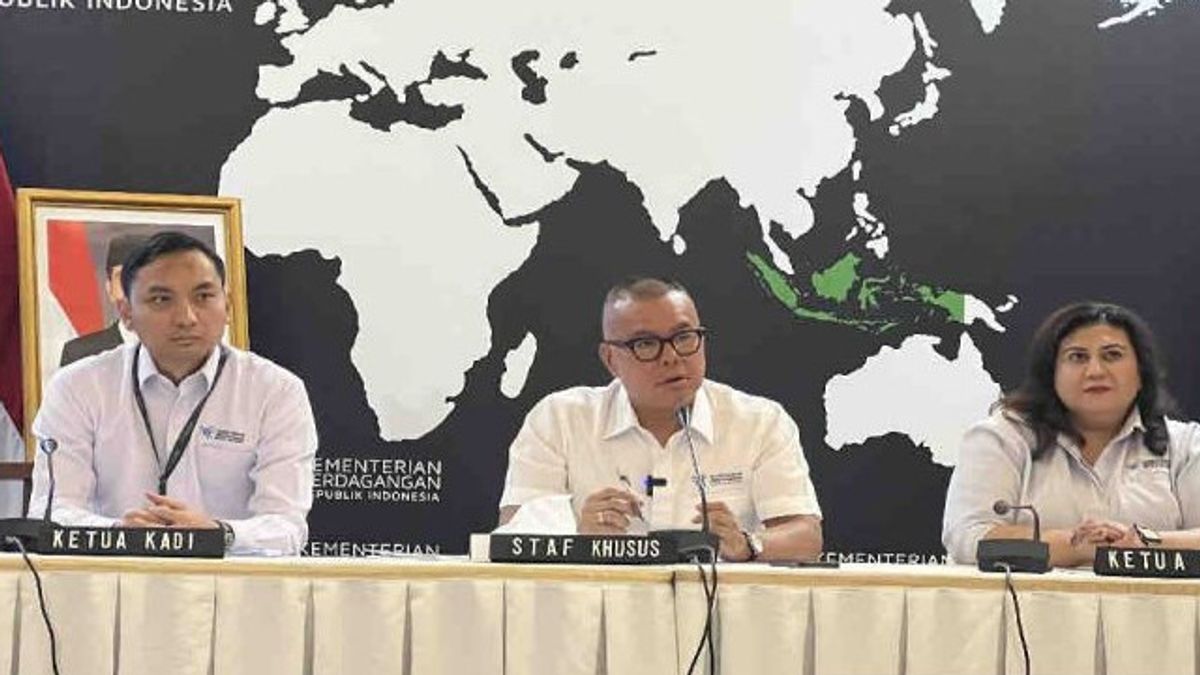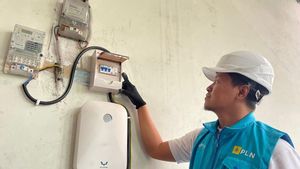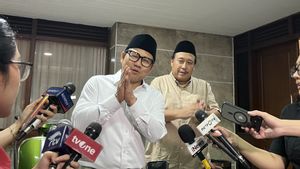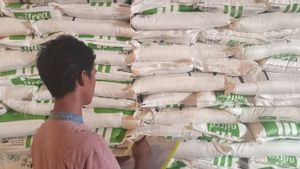JAKARTA - The Ministry of Trade (Kemendag) uses its authorities to protect and save domestic industries through the imposition of Anti-Dumping Import Duty (BMAD) and Safeguard Measure Import Duty (BMTP).
"Trade security policies can be carried out in two ways, namely through the imposition of Anti-Dumping Import Duty (BMAD) and Safeguard Measure Import Duty (BMTP)," said Special Staff to the Minister of Trade for the International Trade Agreement. Bara K. Hasibuan in Jakarta, quoted from Antara, Monday 15 July.
Bara said that a serious commitment to saving domestic industries was seen in the last five years (2019-2023) of the many investigations and imposition of trade remedies instruments for various imported products.
"In the last five years, the Ministry of Trade has maximally protected the domestic industry. This can be seen from the many ongoing investigations for imported products and the imposition of BMAD and BMTP that have been set," said Bara.
Bara added that investigations and the implementation of BMAD and BMTP are related to imported products that are closely related to raw materials for domestic industries.
"These products include clothes and clothing accessories, fabrics, curtains, carpets, stationary threads, stringy filaments (varns), ceramic tiles, refrigerator and refrigerator (freezer) evaporators, steel, paper, lysine, ceramic coatings, and plastic packaging," said Bara.
BMAD and BMTP are regulated in Government Regulation Number 34 of 2011 concerning Anti-damping Actions, Trade Security Measures and Actions. The fundamental difference between anti- dumping and trade security measures lies in the subject of its imposition.
In wearing the two instruments, there are also a number of requirements that must be met
"The main thing that must exist is that domestic industries suffer losses or threats of losses. In addition, there must be a causal relationship between the two requirements," said Bara.
He said the countries that Indonesia had investigated and worn BMAD and BMTP included India, the Republic of Korea, China, Japan, the United States, the European Union, Russia, Kazakhstan, Australia, Malaysia, Vietnam, Thailand, Hong Kong, Turkey, Pakistan, United Arab Emirates, Singapore, Bangladesh and Egypt, as well as Taiwan.
"The anti-dumping action aims to overcome fraudulent import products, tau unfair trade, so that domestic products can compete healthily with imported products," he explained.
Anti-dumping is imposed on exporters/producers who practice dumping or sell products to Indonesia at a lower price than the selling price in their country of origin.
"If the loss or threat of loss is caused by dumping, then an anti- dumping action is imposed, namely BMAD," he said.
He explained that Indonesia is one of the countries that actively use anti- dumping policies. Based on data from the World Trade Organization (WTO), since 1996 Indonesia has recorded 154 anti- dumping investigations calculated based on investigations per product per country.
This number puts Indonesia in 13th position in the world and 1st position in ASEAN as the country that conducts the most anti dumping investigations.
To be able to impose BMAD, an investigation must be carried out first by the Indonesian Anti-Dumping Committee (KADI). The time needed for an anti-dumping investigation is a maximum of 12 months and can be extended for six months.
Bara revealed that currently, KADI is investigating imports, including synthetic filamentary yarn products, ceramic tiles, nylon films, hot rolled coils, hot rolled plates, and porous polyethylene (PET). Meanwhile, the products being worn by BMAD are polyester staple fiber and spin drawn yarn.
Meanwhile, trade security measures are imposed on countries whose imports to Indonesia have jumped sharply. If the loss or threat of loss is due to a spike in imports, then the BMTP tau trade security will be imposed.
"Indonesia is also one of the countries that actively use security measures," he said.
Based on WTO data, the top five countries that have been actively using security measures since becoming WTO members are Indonesia (28 products), India (24 products), Turkey (20 products), the Philippines (10 products), and Jordan (9 products).
SEE ALSO:
The investigation into trade security measures was carried out by the Indonesian Trade Security Committee (KPPI).
Investigations for trade security measures take about seven to nine months. The security measure of the tau safeguard is a temporary measure with a certain period of time.
For this reason, structural adjustments committed by the domestic industry must be carried out to remain competitive after the period of security measures has expired.
Currently, KPPI is investigating imports, including cotton threads, artificial filament threads, woven fabrics from cotton, and slag wool.
Meanwhile, a number of products that are being worn by security measures include yarn from synthetic and artificial stamp fiber, clothing and clothing accessories, I and H Section from other alloy steel, evaporator, and ceramic tiles.
"As a WTO member country, the entire investigation process carried out by KADI and KPPI must follow international trade regulations regulated in the Anti-Dumping Agreement and Agreement on Safeguard WTO," said Bara.
The English, Chinese, Japanese, Arabic, and French versions are automatically generated by the AI. So there may still be inaccuracies in translating, please always see Indonesian as our main language. (system supported by DigitalSiber.id)
















